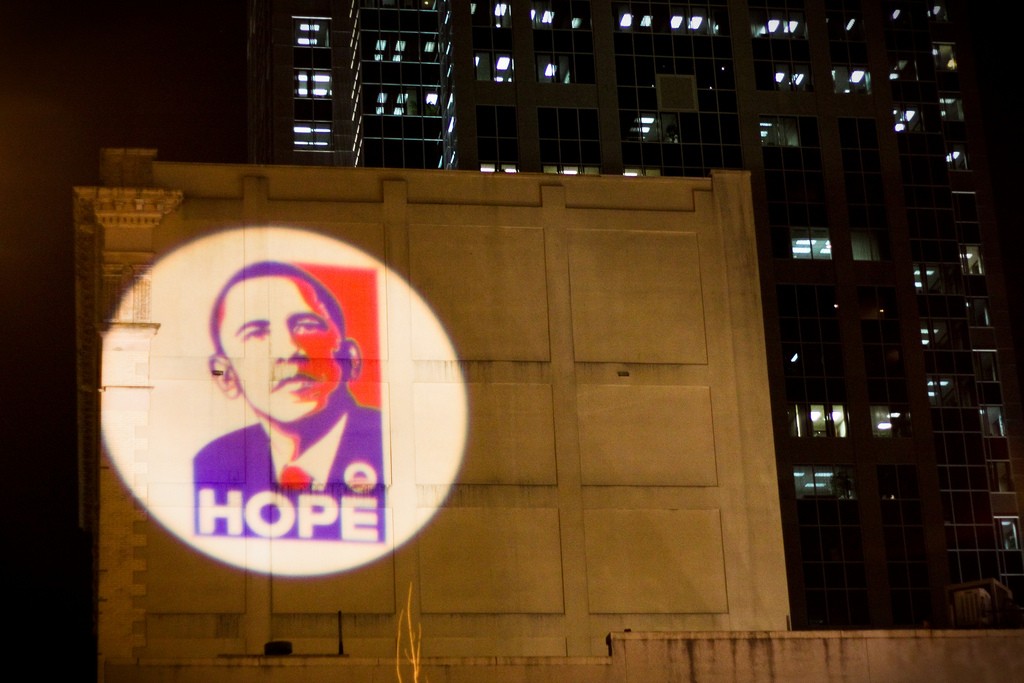![]()
Yet, despite being one of the largest and most activist generations, we encounter many challenges when trying to enter government. Several factors contribute to this including difficulties with the hiring process, government bureaucracy, and lack of feeling truly connected to our work.
Hurdles to Entering the Public Workforce
- Older Workforce – One of the first hurdles for millennials joining government is competition with their more experienced counterparts. The public workforce is simply older. According to the Census Bureau, the median age of government employees is 45.3 compared to the median of 42.3 in the US workforce. Our generation faces competition against those with years and years of experience in government. This is compounded by government’s tendency to hire veterans with expertise and knowledge of the system.
- Lack of Resources – Budget pressures often leave government entities without the resources needed to offer more entry-level positions for younger candidates. Now, government is employing private contractors and nonprofits to fulfill roles traditionally held by public employees, leaving the job market even tighter.
- Long Waits – When it comes to government jobs, especially federal ones, long waits are expected. Despite the federal government working to expedite its hiring process, it can still take agencies an average of 100 days to hire. For millennials trying to earn a living, it’s difficult to wait that long and pass on other opportunities, particularly jobs in the private sector that pay more.
- Myths about Millennials – We will delve more into this topic next week, but there are many unhelpful stereotypes against millennials that can hinder job attainment.
Why Government Needs Millennials
If government wants to excel, government needs to hire millennials. While you may think there’s little government can do for you, many agencies are trying to fix that.
At Tuesday’s Next Generation of Government Training Summit, we were reminded why we need millennials in public service. Contrary to popular stereotypes, millennials actually want to lead, they want to serve, and they want to contribute to a better world. Lee Caraher, author of Millennials and Management: The Essential Guide to Making it Work at Work, claims there are many advantages to working with millennials, especially for public service. We’re digital savvy, we’re used to accessing information within seconds, and we are group-oriented. As the most diverse generation, we’re also used to working with different ideas and opinions in team settings.
Additionally, word has it that we are the most civic minded and politically independent generation since the Greatest Generation of the Great Depression! In a nation that is increasingly polarized and filled with political gridlock, we need generations to work together. Millennials are extremely service-oriented. A National Conference on Citizenship report, millennials lead every generation with a 43 percent service rate compared to a 35 percent service rate among baby boomers.
We also have the most on the line. With retiring baby boomers, we have more responsibilities and people to take care of. We’re facing increasing globalization, economic challenges, climate change, and more education debt than any other generation. It really is up to us to take the lead. We see a higher purpose in our work, we want a good work-life balance, and we are change agents ready to innovate. Government needs more of that.
The good news is government agencies are working on ways to attract millennials and invest in retaining millennial talent. For us, it’s just a matter of persistence and knowing that even the littlest things we do in government can have the greatest impacts.
My question for you this week is, will you heed the call to public service?
Photo Credit: Flickr/abbyladybug
